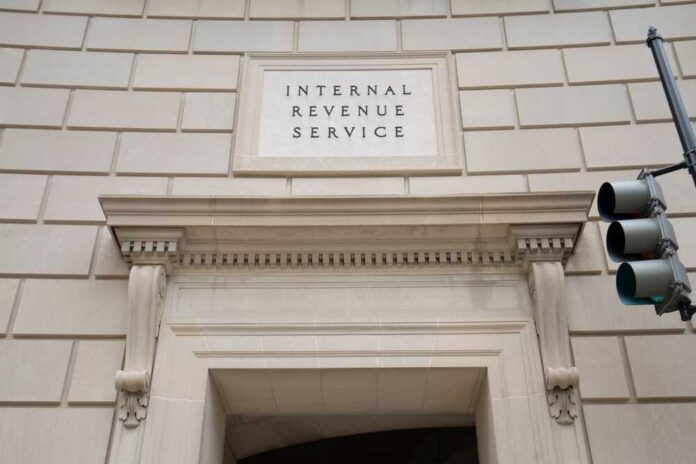
The Internal Revenue Service is gearing up for Tax Day on April 18, and some of its advice to taxpayers of the criminal variety spawned a wave of humorous backlash on social media.
The agency outlined in IRS Publication 525 that “if you steal property, you must report its FMV (Fair Market Value) in your income in the year you steal it unless in the same year, you return it to its rightful owner.”
The IRS requires criminals to report income from illegal activities and pay taxes on it pic.twitter.com/O5zHTy2aDx
— Dividend Growth Investor (@DividendGrowth) March 23, 2022
Good advice for all. The agency also admonished criminally inclined taxpayers that profits realized from illegal drug sales or bribery must also be included on their 1040 forms.
“Income from illegal activities, such as money from dealing illegal drugs, must be included in your income on Schedule 1 (Form 1040), line 8z, or on Schedule C (Form 1040) if from your self-employment activity.”
One certified public accountant, Keith Jones with CPA Tax Problem Solver, admitted that the overwhelming majority of criminals are not going to declare income on items they stole.
Jones said that if a criminal reported on what they stole, “then you would have income that would qualify for a credit. (The criminal) would actually probably get more back than what he owed.”
The IRS even reminded taxpayers that it does not hand over information to law enforcement unless hit with a court order to produce the records. That must be a great consolation for those trying to decide whether or not to claim their ill-gotten gains.
An agency spokesman claimed to be unaware if the IRS ever published figures on how many American taxpayers report income from crimes they’ve committed.
One Twitter user asked if their black ski mask and duffle bag is eligible to be deducted “from robbing the local liquor store.” Another tweeted, “The IRS be like I don’t care what law you break as long as I get my fair share.”
Another poster asked where in the IRS forms you should disclose “that you are cheating on your tax return. Asking for a friend.”
And while there is humor to be found in the agency’s advice to morally challenged Americans, there is a serious side. Individuals charged with criminal activity may face additional and serious legal difficulties for unpaid taxes as they make their way through legal proceedings.
One Twitter poster noted that “not doing so is called tax evasion. On a different topic, does anyone know what Scarface went to jail for?”
The writer was of course pointed at the infamous gangster Al Capone, who once bragged, “They can’t collect legal taxes from illegal money.” He was proven quite wrong on that assertion.













